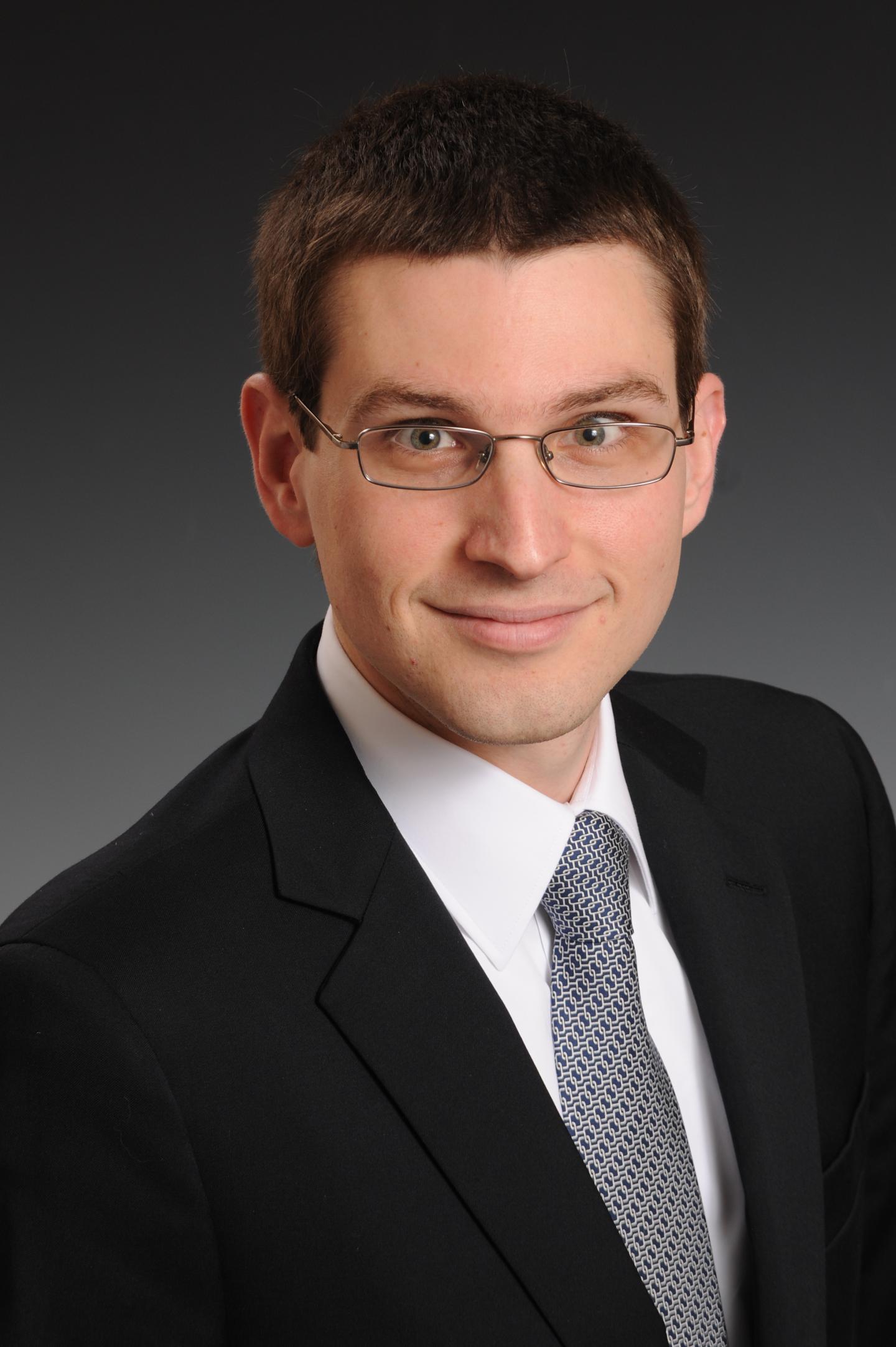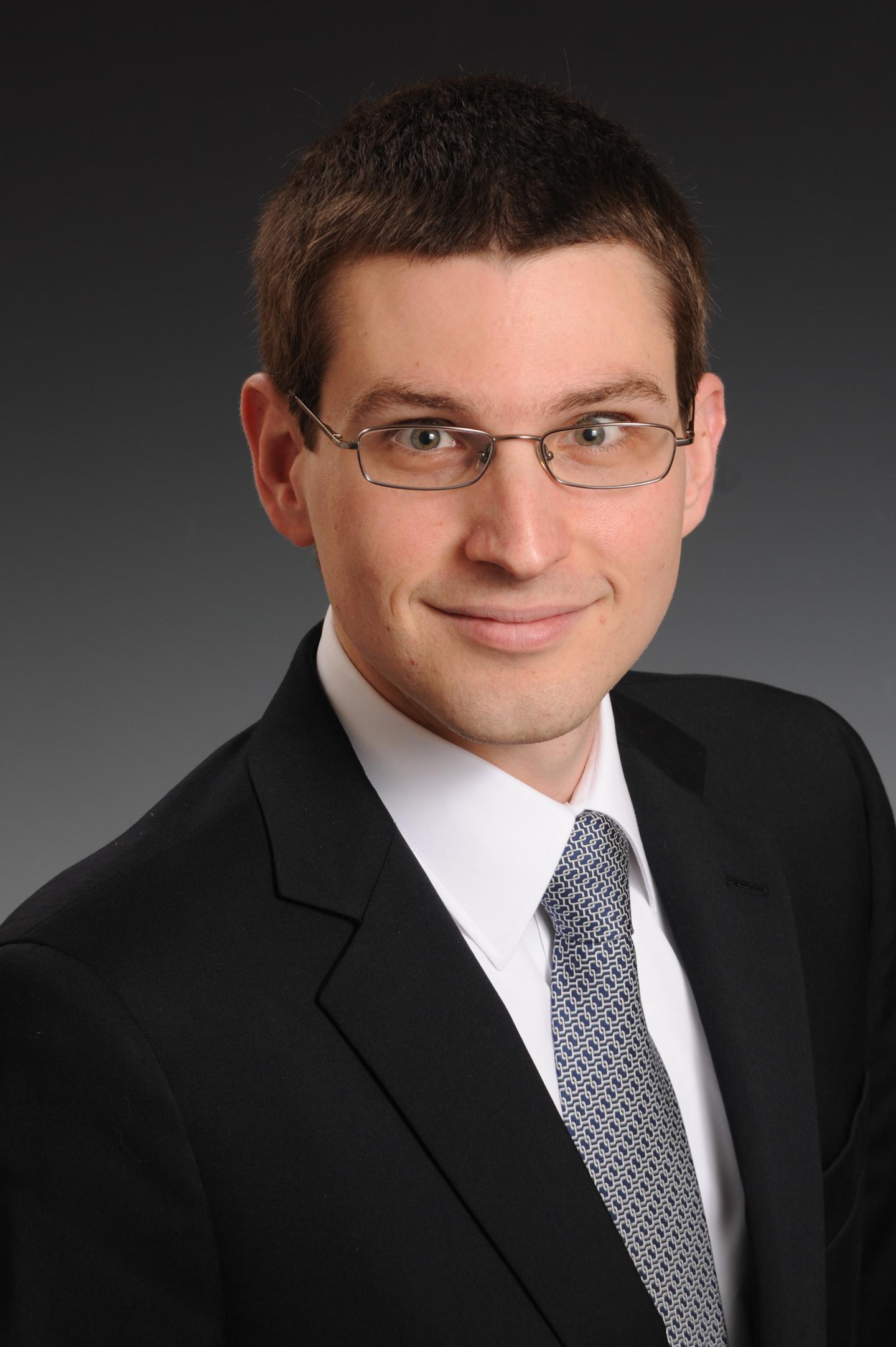
Credit: The Dartmouth Institute
All countries face the challenge of funding ever-new and expensive treatments, with increasing pressure on budgets, harmful deficit spending, and ever-higher health insurance premiums. One solution to these concerns is to scale back on outdated or low-value procedures; not unlike clearing out one's clothing closet to make room for more contemporary wear.
Yet there is little understanding of "exnovation," or the scaling-back of expensive medical treatments for certain medical practices. To better understand this process, researchers at The Dartmouth Institute for Health Policy and Clinical Practice studied nearly 10,000 physicians who performed carotid revascularization–a surgical procedure used to reduce the risk of stroke by correcting narrowing in the carotid artery–on elderly Medicare patients between 2006-2013. Its use is increasingly controversial, particularly among older patients and for those who aren't exhibiting symptoms of carotid artery narrowing.
In the study, recently published in the BMJ, the researchers found, consistent with other evidence, a declining trending in the rate of carotid revascularization nationally from 2006 to 2013. Yet the decline was by no means consistent across different types of physicians; those with more than 25 years of experience were likely to cut back on their use of carotid revascularization more rapidly than those with less experience. Also, vascular surgeons and thoracic surgeons who had the largest practice share of carotid revascularization were far less likely to reduce their use of the procedure compared with physicians from other interventional specialties. Finally, despite evidence that both patients older than 80 and those without symptoms tend not to benefit from carotid revascularization, the researchers did not find higher rates of decline among these patients.
"As we try to reduce the use of low-value care (care that doesn't benefit or can harm patients) it's important that we get a much better understanding of the factors that affect a physician's decision to scale back on procedures that might no longer be the most effective, or at least the most effective for certain patient populations," said lead author and Dartmouth Institute Assistant Professor Kimon Bekelis, MD.
"I'd say the study suggests that in the U.S., we're not doing a good job of cleaning out the closet of those moth-eaten sweaters, so to speak, and that we need to do a better job to ensure that there's plenty of fiscal space for the new and valuable innovations appearing in the coming years," added co-author Dartmouth Institute health economist Jonathan Skinner, PhD.
###
To read the full study: https://www.ncbi.nlm.nih.gov/pubmed/29074624
Media Contact
Paige Stein
[email protected]
603-653-0850
@DartmouthInst
http://www.tdi.dartmouth.edu
Related Journal Article
http://dx.doi.org/10.1136/bmj.j4695




